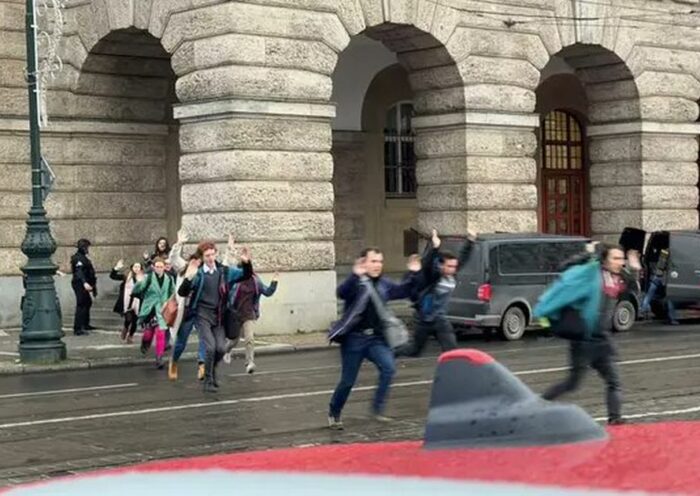Speed up lash application with Lash Flash tools In the competitive world of lash extensions, efficiency is key to success. Lash artists strive to deliver…
Boffins discover largest ancient burial site – and it wasn’t built by humans
Boffins have discovered the world's largest ancient burial site, and it seems their findings are not quite human.
Led by Lee Berger, paleoanthropologists working in South Africa appear to have found the world's oldest known burial site and discovered remains. Their finds at the UNESCO world heritage site saw Stone Age-era pieces uncovered.
The Stone Age discovery comes as previous burials in the Middle East and Africa led to the discovery of items around 100,000 years old. The finds were found 100 feet underground in the Cradle of Humankind cave system.
READ MORE: Once vibrant UK town 'living in the Dark Ages' with shops lucky to get customers past 1pm
For the latest news and updates from ancient sites across the globe, click here.
But key findings made at the discovery site indicate these are not human creatures found, though they do date from long before civilization established itself. The Homo naledi skull is believed to be 250,000-year-old.
Professor Berger said: "These are the most ancient interments yet recorded in the hominin record, earlier than evidence of Homo sapiens interments by at least 100,000 years. These discoveries show that mortuary practices were not limited to H. sapiens or other hominins with large brain sizes.
"That would mean not only are humans not unique in the development of symbolic practices, but may not have even invented such behaviours. That was too much for scientists to take at that time. We think it's all tied up with this big brain. We're about to tell the world that's not true."
It leads the group to believe art and burials could have more meaning behind them and from a much earlier period in time, ScienceAlert reported. Carol Ward, a fellow anthropologist of the University of Missouri has said the findings, if confirmed, are of 'considerable potential importance'.
Professor Ward, who was not associated with the find, said: "I look forward to learning how the disposition of remains precludes other possible explanations than intentional burial, and to seeing the results once they have been vetted by peer review."
Further analysis of the findings is now underway after indications of altering "our understandings of human evolution" were proposed.
Co-author Agustín Fuentes, a professor of anthropology at Princeton University, added: "Burial, meaning-making, even 'art' could have a much more complicated, dynamic, non-human history than we previously thought."
For the latest breaking news and stories from across the globe from the Daily Star, sign up for our newsletter by clicking here.
Source: Read Full Article



